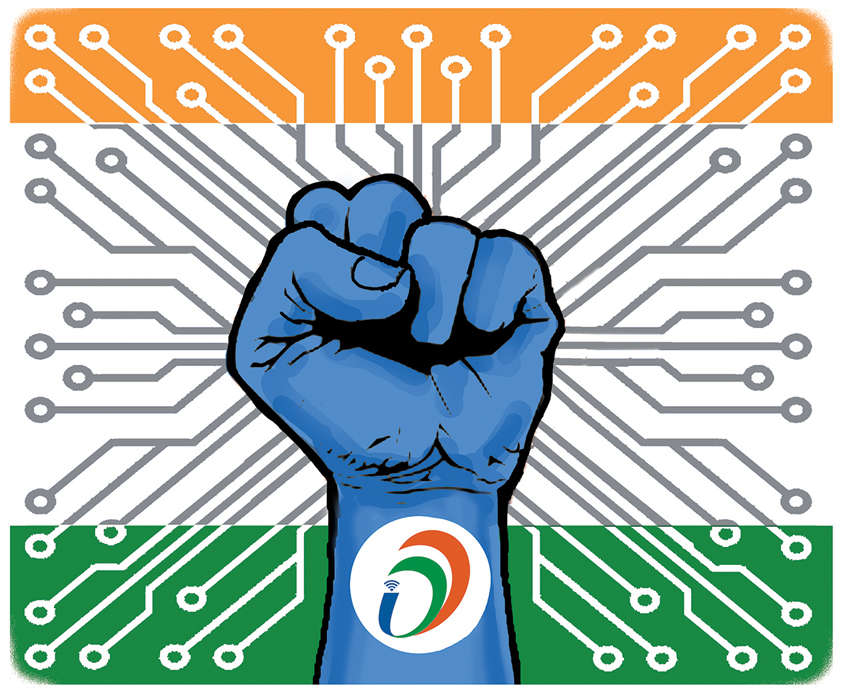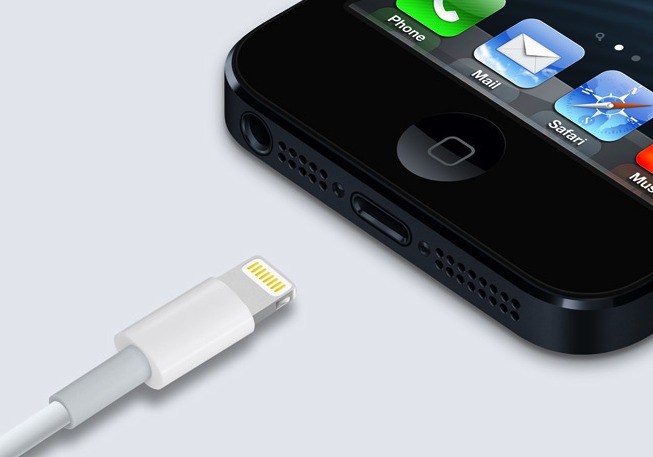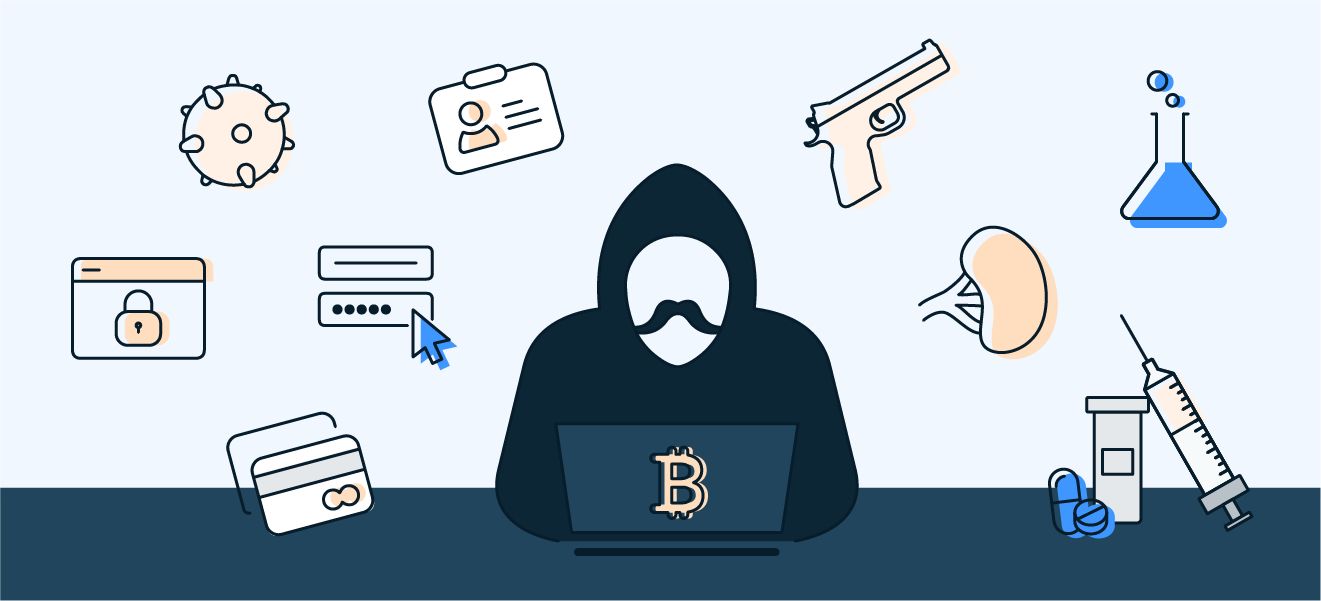
The Future of Homes: Top AI Gadgets Every Family Should Know About
AI is transforming homes into smart, intuitive spaces that simplify daily life. From assistants and thermostats to security systems, kitchen gadgets, and entertainment setups, AI enhances comfort, efficiency, and safety for families. These intelligent devices learn habits, optimize resources, and provide personalized experiences.
✨ Raghav Jain

Introduction
The home of the future isn’t just smart—it’s intelligent. With the rapid advancement of artificial intelligence (AI), everyday gadgets are becoming more capable of understanding, predicting, and assisting with our needs. From energy management to security, from entertainment to health, AI gadgets are transforming homes into responsive, efficient, and safer spaces.
Families today are looking for more than convenience—they want systems that save time, reduce costs, and enhance quality of life. By integrating AI into your home, you’re not just upgrading technology—you’re upgrading your lifestyle.
In this article, we’ll explore the top AI gadgets every modern family should know about, how they work, their benefits, and practical ways to integrate them into daily life. The modern home is rapidly transforming, and artificial intelligence (AI) is at the heart of this change. Once a concept of science fiction, AI-driven gadgets are now seamlessly integrating into daily life, making homes smarter, more efficient, and increasingly tailored to the needs of every family member. From convenience to security, these AI devices are redefining how families interact with their living spaces, offering not only comfort but also time-saving and safety-enhancing features.
Smart assistants have emerged as the cornerstone of AI-powered homes. Devices like Amazon Alexa, Google Home, and Apple HomePod allow families to control a wide range of household functions with voice commands. Whether it’s adjusting the thermostat, playing music, managing shopping lists, or setting reminders, these assistants act as the central hub of a smart home. Their AI-driven capabilities mean they can learn from user behavior, anticipating needs and automating tasks that previously required constant attention. Families can now enjoy seamless coordination of daily routines, making mornings less stressful and evenings more relaxed.
AI-powered security systems are another revolutionary development in home technology. Traditional security cameras are being replaced by intelligent systems that can detect unusual behavior, recognize familiar faces, and alert homeowners instantly through smartphones. Some systems even analyze patterns over time to reduce false alarms and improve responsiveness. This advanced monitoring provides families with peace of mind, knowing that their home is protected at all times. Motion sensors, smart locks, and AI-driven doorbells ensure that security is both proactive and adaptive, responding dynamically to potential threats without constant human intervention.
Home energy management has also been significantly enhanced by AI gadgets. Smart thermostats, like the Nest Learning Thermostat, not only allow precise temperature control but also adapt to a family’s daily schedule, learning when people are home and adjusting energy use accordingly. This ensures comfort while reducing unnecessary energy consumption and lowering utility bills. Similarly, AI-enabled lighting systems can adjust brightness and color based on the time of day, natural light availability, or personal preference, improving both energy efficiency and living ambiance.
Cleaning and maintenance tasks, which have always been time-consuming, are now greatly simplified by AI-powered robots. Robotic vacuum cleaners and mops equipped with AI navigation systems map out rooms, identify high-traffic areas, and optimize cleaning schedules without constant human oversight. Some devices even connect with other smart gadgets to coordinate household activities, such as ensuring floors are clean before a scheduled family dinner. Beyond cleaning, smart kitchen appliances are changing the way families cook and eat. AI-enabled refrigerators can track inventory, suggest recipes based on available ingredients, and even notify owners when items are nearing expiration. These innovations help reduce food waste and make meal planning more efficient.
AI technology is also making home entertainment more immersive and personalized. Smart TVs and sound systems now incorporate AI to recommend shows, music, and movies tailored to each family member’s preferences. Gaming consoles use AI to adjust difficulty levels, create adaptive storylines, and provide more engaging experiences. This level of personalization ensures that every family member can enjoy entertainment that fits their taste and schedule, all while being seamlessly integrated with other smart home devices.
Health and wellness are increasingly addressed through AI-driven gadgets. Devices such as smart scales, wearable fitness trackers, and AI-enabled sleep monitors provide families with real-time insights into their physical activity, sleep quality, and overall health. Some smart beds adjust firmness, temperature, or position automatically to enhance sleep quality. In addition, AI-powered air purifiers analyze air quality and adapt filtration rates to maintain a healthy living environment. These devices help families proactively manage health concerns, ensuring well-being in the comfort of their home.
Education and family engagement are also being transformed by AI. Smart learning assistants can provide personalized tutoring for children, adjusting teaching methods based on the student’s pace and learning style. Interactive AI companions can engage younger children in educational activities while encouraging creativity and problem-solving. For families with busy schedules, AI tools can coordinate calendars, track tasks, and send reminders, helping everyone stay organized and connected.
Another area where AI is making a noticeable impact is accessibility. AI-powered home devices are increasingly designed to assist elderly or differently-abled family members. Voice-activated systems, automated doors, fall-detection sensors, and AI-guided mobility aids create a safer, more inclusive home environment. These innovations ensure that all members of a family, regardless of age or ability, can live more independently and comfortably.
While the proliferation of AI gadgets brings numerous benefits, it also introduces challenges related to privacy, data security, and ethical use. Families need to be mindful of how data is collected, stored, and shared by these devices. Manufacturers are continuously improving security protocols and offering customizable privacy settings to address these concerns, but awareness and responsible usage remain essential for a safe and harmonious smart home experience.
In conclusion, AI-driven gadgets are not just enhancing convenience—they are reshaping the very nature of family life. From voice-controlled assistants and intelligent security systems to energy-efficient appliances, automated cleaning devices, personalized entertainment, health monitoring, and inclusive accessibility solutions, the modern home is becoming a dynamic, responsive ecosystem. Families that embrace these technologies can enjoy a higher quality of life, greater safety, and more time to focus on meaningful experiences together. As AI continues to evolve, the possibilities for innovation within the home are virtually limitless, promising a future where living spaces are not only smarter but genuinely more supportive, connected, and personalized to the unique needs of every family.
Understanding AI in the Home
AI in homes refers to devices and systems that can learn from data, recognize patterns, and make decisions with minimal human intervention. Unlike traditional gadgets, AI tools can adapt to your preferences, predict needs, and even automate complex tasks.
Examples include:
- Smart thermostats that learn your preferred temperature patterns
- Voice assistants that control multiple devices at once
- AI-powered security systems that recognize faces and unusual activity
The core idea is automation plus intelligence—saving time while making your home more responsive, efficient, and safe.
Top AI Gadgets for Modern Homes
1. Smart Voice Assistants
Devices like Amazon Echo, Google Nest, or Apple HomePod are more than speakers—they are the control center of your home.
Benefits:
- Hands-free control of lights, fans, and appliances
- Reminders for daily tasks and grocery shopping
- Integration with other smart gadgets to automate routines
Practical Tip: Set up a morning routine where your voice assistant gradually turns on lights, reads news, and starts the coffee maker. It makes mornings smoother for the entire family.
2. AI-Powered Security Cameras
Modern security systems use AI to differentiate between humans, pets, and moving objects.
Benefits:
- Real-time alerts for unusual activity
- Facial recognition for family members and trusted visitors
- Remote monitoring from anywhere via smartphone
Practical Tip: Place cameras at key entry points and integrate them with your smartphone for instant notifications. Some AI cameras even learn daily patterns to reduce false alarms.
3. Smart Thermostats
AI thermostats like Nest Learning Thermostat adjust your home’s temperature automatically based on your schedule and habits.
Benefits:
- Saves energy by optimizing heating and cooling
- Learns your preferred temperature patterns
- Can be controlled remotely via smartphone
Practical Tip: Start by setting a baseline schedule and let the AI learn your preferences over a week. Over time, it will make small adjustments for maximum comfort and efficiency.
4. AI Robot Vacuums and Mops
Robotic cleaners like Roomba or Roborock are more than floor sweepers—they use AI to map rooms and avoid obstacles.
Benefits:
- Automatic cleaning on a schedule
- Can identify high-traffic areas for focused cleaning
- Self-charging and sometimes self-emptying
Practical Tip: Use them daily or every alternate day to maintain spotless floors without manual effort. You can integrate them with voice assistants for easy start-stop commands.
5. Smart Lighting Systems
AI-controlled lighting adjusts brightness, color, and even timing based on your activities or mood.
Benefits:
- Reduces electricity usage
- Enhances ambiance for reading, relaxing, or work
- Can simulate presence when you’re away for security
Practical Tip: Set lights to dim gradually in the evening to help children and adults wind down, promoting better sleep patterns.
6. AI Home Health Devices
Devices like smart air purifiers, fitness mirrors, and sleep monitors track your health and environment.
Benefits:
- Detects air quality issues and allergens
- Monitors sleep patterns for better rest
- Tracks activity and fitness goals for family members
Practical Tip: Keep an AI air purifier in bedrooms and living areas. Pair it with a smartphone app for real-time health insights and alerts.
7. AI Kitchen Appliances
Smart ovens, refrigerators, and coffee makers now learn your cooking habits and food preferences.
Benefits:
- Suggest recipes based on available ingredients
- Maintain ideal temperature for food preservation
- Automatically brew coffee or start cooking at scheduled times
Practical Tip: Use a smart fridge app to track groceries and expiration dates. It helps prevent food waste and plan healthy family meals efficiently.
Daily Practices to Integrate AI at Home
Morning Routine:
- AI assistant wakes the household gradually with soft music and lights
- Smart coffee maker prepares coffee or tea
- Thermostat ensures rooms are at ideal temperature
Midday:
- Robot vacuum cleans high-traffic areas
- Smart air purifiers maintain air quality while the family works or studies
- AI assistant reminds kids of homework or chores
Evening:
- AI lights dim to promote relaxation
- AI cameras monitor entrances and alert for any unusual activity
- Smart kitchen appliances prep dinner or suggest quick recipes
Weekly Practices:
- Update device software for improved AI performance
- Rotate cleaning schedules for robot vacuums to cover all areas
- Reassess smart thermostat settings to match seasonal changes
Common Concerns About AI in Homes
Privacy and Data Security:
Many worry about AI devices recording personal data. To prevent risks:
- Use strong, unique passwords for each device
- Regularly update software and firmware
- Disable unnecessary data sharing features
Cost:
AI gadgets can be expensive upfront. Tip: Start with one or two essential devices and gradually expand based on family needs and budget.
Complexity:
AI may seem complicated. Tip: Most devices come with simple smartphone apps and tutorials. Start with one feature at a time.
Myths About AI Homes: Busted!
“AI will replace humans in homes.”
→ False! AI is designed to assist, not replace. It helps with routine tasks, letting families focus on meaningful activities.
“All AI gadgets are too expensive.”
→ Not true. Many affordable options exist, including smart plugs, basic voice assistants, and robot vacuums under budget-friendly ranges.
“AI gadgets are only for tech-savvy people.”
→ Wrong. Most AI home devices are user-friendly and designed for anyone to use.
“Smart homes are energy-intensive.”
→ Not really. Many AI gadgets, like smart thermostats and lighting, reduce energy usage when used properly.
Tips for a Smarter, AI-Integrated Family Home
- Start small: Pick one or two AI gadgets that address your biggest pain points.
- Prioritize safety: Ensure cameras and sensors are installed properly.
- Combine devices: Link lights, cameras, and assistants for automation.
- Track usage: Use apps to monitor energy and appliance performance.
- Engage kids: Teach them how AI works safely; it’s educational and fun.
- Keep evolving: AI learns better with regular use—don’t be afraid to experiment.
Conclusion
The future of homes is smart, intuitive, and family-friendly. AI gadgets offer not just convenience—they provide safety, efficiency, and comfort, transforming everyday living into a seamless experience.
From smart assistants to AI cleaning robots, from intuitive kitchen appliances to health-monitoring devices, these tools are shaping homes that think, respond, and adapt to the family’s lifestyle.
Even small steps—like adding a smart thermostat, AI lights, or a voice assistant—can make a huge difference in daily life. By embracing AI gradually and mindfully, families can enjoy more free time, better health, and smarter homes without feeling overwhelmed.
Invest in AI today—because a smarter home means a happier family tomorrow.
Q&A Section
Q1:- What is the role of AI in modern smart homes?
Ans :- AI integrates devices to automate daily tasks, enhance security, optimize energy use, and provide personalized comfort, making homes more efficient and responsive to family needs.
Q2:- How do AI-powered smart assistants improve home management?
Ans :- Devices like Amazon Echo or Google Nest use voice recognition to control appliances, manage schedules, answer queries, and even monitor security, simplifying family life.
Q3:- What are AI-enabled smart thermostats and why are they important?
Ans :- These thermostats learn user habits to automatically adjust temperature, saving energy, reducing utility bills, and maintaining consistent comfort throughout the home.
Q4:- How do AI security cameras and smart locks enhance home safety?
Ans :- AI monitors unusual activity, recognizes faces, sends alerts to homeowners, and enables remote locking/unlocking, making homes safer and more secure.
Q5:- What benefits do AI-powered robotic vacuum cleaners offer?
Ans :- Robots like Roomba navigate rooms, detect obstacles, and clean efficiently without supervision, saving time and effort for busy families.
Q6:- How can AI kitchen gadgets simplify cooking and meal planning?
Ans :- Smart ovens, fridges, and coffee makers suggest recipes, track ingredients, and automate cooking processes, ensuring healthier and more convenient meals.
Q7:- What role do AI air purifiers and climate control systems play in homes?
Ans :- AI monitors air quality, adjusts purification levels, and controls humidity and ventilation, promoting a healthier environment for families.
Q8:- How do AI-powered smart lighting systems enhance home ambiance and energy efficiency?
Ans :- Lights automatically adjust based on time, motion, or mood preferences, reducing electricity usage while creating comfortable, personalized lighting.
Q9:- What are AI home monitoring systems for elderly or special needs family members?
Ans :- AI tracks health patterns, detects falls, and alerts caregivers or family members, ensuring safety, timely assistance, and peace of mind.
Q10:- How can AI entertainment systems transform home experiences?
Ans :- Smart TVs and speakers use AI to recommend content, sync devices, and create immersive audio-visual experiences, elevating family leisure and entertainment.
Similar Articles
Find more relatable content in similar Articles

Digital India: How Technology ..
Digital India leverages techn.. Read More

The Death of the Charging Port..
“As technology evolves, the tr.. Read More

E-Waste Crisis: The Race to Bu..
The rapid growth of electronic.. Read More

The Dark Web Economy: What’s R..
Beneath the surface of the int.. Read More
Explore Other Categories
Explore many different categories of articles ranging from Gadgets to Security
Smart Devices, Gear & Innovations
Discover in-depth reviews, hands-on experiences, and expert insights on the newest gadgets—from smartphones to smartwatches, headphones, wearables, and everything in between. Stay ahead with the latest in tech gear
Apps That Power Your World
Explore essential mobile and desktop applications across all platforms. From productivity boosters to creative tools, we cover updates, recommendations, and how-tos to make your digital life easier and more efficient.
Tomorrow's Technology, Today's Insights
Dive into the world of emerging technologies, AI breakthroughs, space tech, robotics, and innovations shaping the future. Stay informed on what's next in the evolution of science and technology.
Protecting You in a Digital Age
Learn how to secure your data, protect your privacy, and understand the latest in online threats. We break down complex cybersecurity topics into practical advice for everyday users and professionals alike.
© 2025 Copyrights by rTechnology. All Rights Reserved.